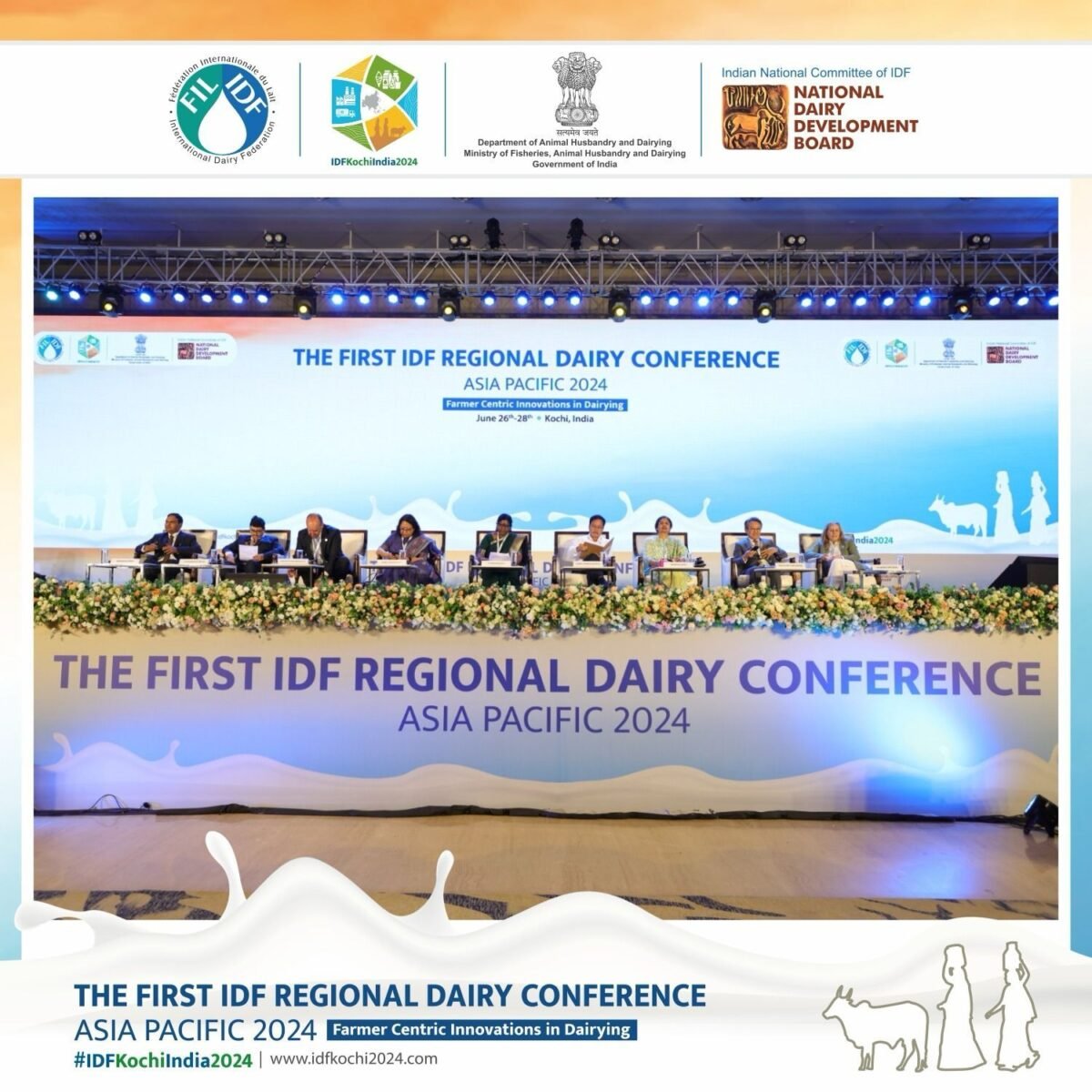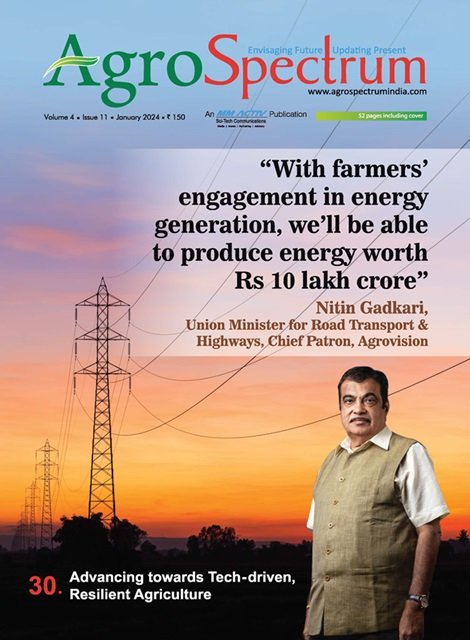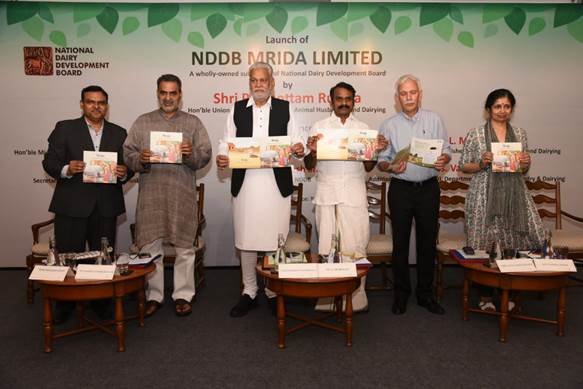This agreement aims to enhance collaboration in agricultural marketing and supply chain management in Meghalaya.
The Meghalaya State Agricultural Marketing Board, Government of Meghalaya, signed a Memorandum of Understanding (MoU) with Mother Dairy Fruits and Vegetables Pvt. Ltd., a subsidiary of the National Dairy Development Board (NDDB). This agreement aims to enhance collaboration in agricultural marketing and supply chain management in Meghalaya.
The signing witnessed the attendance of Conrad K Sangma, Chief Minister, Dr. Vijay Kumar D., IAS, Commissioner & Secretary, Agriculture & Farmers’ Welfare, Dr Meenesh Shah, Chairman & Managing Director, National Dairy Development Board, Frederick Roy Kharkongor, Principal Secretary, Animal Husbandry & Veterinary Department, Govt. of Meghalaya, Shri Manish Bandlish, Managing Director, Mother Dairy Fruit & Vegetable Pvt. Ltd; officials from the agriculture department and allied departments amongst others.
Conrad K Sangma,Chief Minister, expressed optimism about the MoU’s success, highlighting its potential to establish a long-term partnership. “We are delighted with this MoU, as its scope will enhance logistics, significantly reducing transit time for our produce to reach larger markets.
This partnership seeks to address the major challenges faced by the state and its farming community by enhancing direct market connectivity and improving post-harvest care, with experts from Mother Dairy working closely with the state to upgrade current management practices. The collaboration will also focus on crop research and development, including varietal improvements and productivity, optimizing logistics costs by procuring multiple types of produce, and marketing the ‘Meghalaya brand’ in Delhi. Additionally, the partnership aims to further strengthen the dairy sector, fruit and vegetable value chains, and the organic sector in the state.
Dr. Meenesh Shah, Chairman and Managing Director, National Dairy Development Board (NDDB) said, “Mother Dairy will also support varietal improvement and shelf-life extension to boost productivity along with value-added processing. Dr Shah also stated that NDDB will continue to support empowering farmers by providing them direct market access for their produce. The agricultural products from Meghalaya as well as North Eastern States, most suited to be organic, would definitely be brought into its ambit ensuring better and remunerative prices to farmers he said.
Frederick Roy Kharkongor, Principal Secretary of the Animal Husbandry & Veterinary Department, Government of Meghalaya, expressed optimism about the association, noting that this MoU is just the beginning of a larger journey. He emphasized that the dairy sector in Meghalaya still has significant potential for development.
Dr. Vijay Kumar D., IAS, Commissioner & Secretary, Agriculture & Farmers’ Welfare, noted Meghalaya’s recent success in exporting fruits, especially pineapples and oranges, to both national and international markets, with this year’s partnership with Mother Dairy proving highly successful. To date, 12 MT of pineapples have been shipped from the state and sold through various Mother Dairy outlets. “With their outlets across the country, we have seen the success of this partnership and foresee the potential to expand our collaboration in selling and processing our produce, as well as in value chain management for various crops, particularly fruits and vegetables,” he said.
To achieve the short-term goals of exporting pineapples, ginger, and mandarins, three project teams have been proposed to address key focus areas with joint committees from Mother Dairy and the Government of Meghalaya. One team will focus on aligning taste with consumer preferences in the Delhi market by improving the supply chain to ensure the right stage of harvest and proper transportation methods to maintain the distinctive Meghalaya flavor. Another team will work on building the ‘Meghalaya Brand Product’ range, emphasizing its unique selling points in the Delhi market, investing in point-of-sale and media, and planning awareness programs. The third team will explore short-term and long-term business partnership opportunities, identify new products, and conduct R&D on existing products based on business insights.
Manish Bandlish, Managing Director, Mother Dairy Fruit & Vegetable Pvt. Ltd highlighted the role NDDB plays in bridging the gap between farmers and consumers, uniting them on a common platform. “This collaboration showcases our efforts to connect India’s diverse agricultural heritage with urban consumers, offering a variety of premium produce from across states to discerning consumers nationwide and abroad,” he said. Speaking on the overwhelming response the pineapples from Meghalaya at Safal outlets in Delhi received from consumers, Shri Manish Bandlish also expressed that this initiative will expand and include more varieties from the state such as Ginger, Lakadong Turmeric and GI-tagged Khasi Mandarin.
This agreement aims to enhance collaboration in









